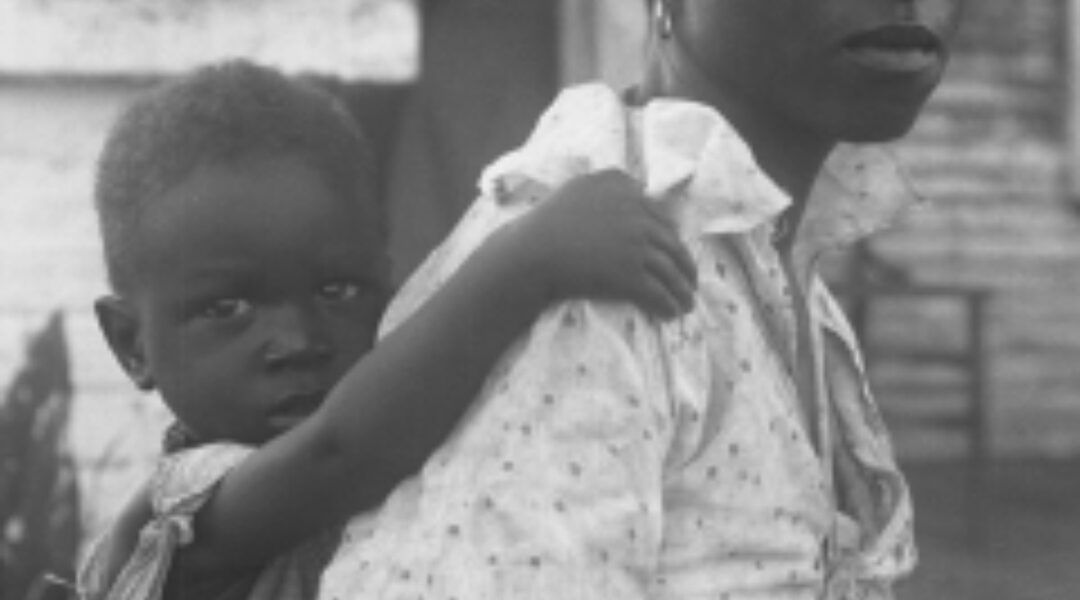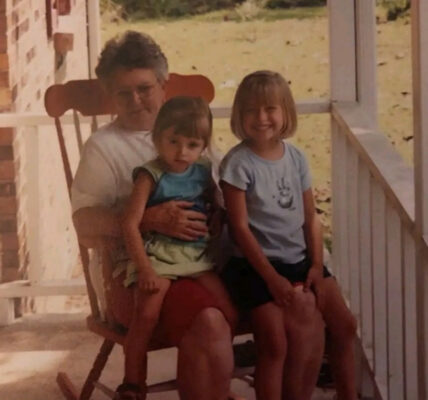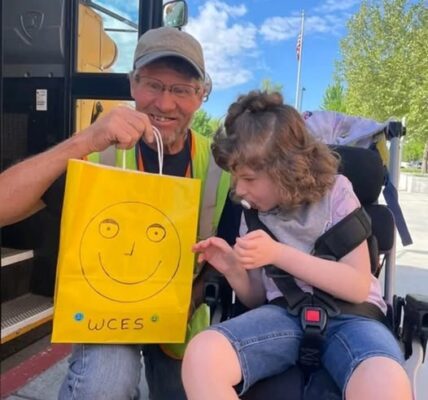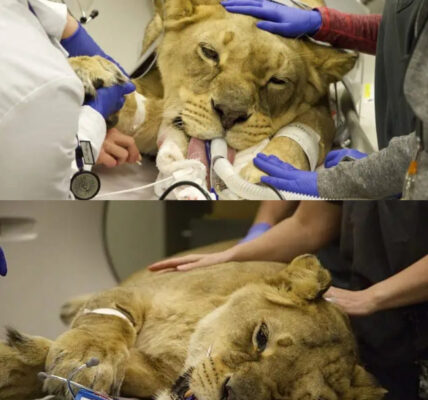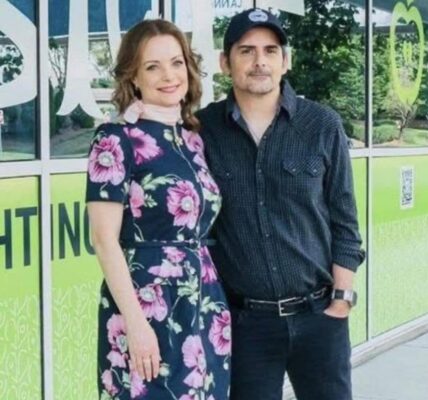She was old now — her hair silver, her back bent from the weight of centuries. Yet when she spoke, her voice carried the power of generations. The children gathered around her, eyes wide, waiting for her story. And she began, not in sadness, but in strength.

“Children,” she said softly, “I come back today to tell you of the long dark road I have walked — so that you might walk in the light.”
Her skin was dark as midnight, but her eyes shone like dawn. She told them of a beginning far away, across the wide ocean, in a land of sun and freedom — Africa. “I was the child they stole from the sand,” she said, her voice trembling with memory. “They tore me from my home, from my people. They bound me in chains and carried me across the sea. I was the dark girl who crossed the water, carrying in my body the seed of the free.”
The children listened in silence as she spoke of fields under a burning sun, of endless days spent picking cotton and corn. “I worked till my hands bled,” she whispered. “I was beaten, starved, and sold like an animal. My husband was taken. My children — my babies — were torn from my arms. I cried, but no one heard. I prayed, but no one answered.”
For three hundred years, she said, she labored in the shadow of cruelty. Yet through it all, she did not let her soul die. “God put a song in my mouth and a dream in my heart,” she told them. “Though they called me slave, I knew one day my children would be free.”

She never learned to read or write. She never walked through school doors. But she carried something far greater — faith. “Sometimes the road burned beneath my feet,” she said, “but I could not stop. I was the seed of freedom, the mother of a dream that could not be buried.”
As she spoke, her voice grew stronger, steadier. “I nourished that dream in my breast,” she said proudly. “And now, through you — my children, my grandchildren — it begins to bloom. You are the ones who must carry it forward. You are the living answer to my prayer.”
The children looked at her with tears in their eyes, feeling the weight of her words. She reached out, her hand trembling but sure.
“Remember my pain,” she said. “Remember my years of sorrow. Make of them a torch to light tomorrow. Out of my darkness, build your dawn. Lift high my banner from the dust. Stand proud. Stand free.”
Her voice hardened, fierce and resolute. “There will still be those who try to hold you down. They will still build bars and walls. But you must march forward — always forward. Remember the whip, the chains, the struggle — and break every one of them with your strength.”
The sun was setting behind her now, the golden light framing her like a halo. “Oh, my dark children,” she said softly, “my prayers and dreams live in you. Climb the great stairs. Rise higher than I ever could. For I will walk beside you — until no man, no law, no fear dares to keep down the children of the Negro Mother.”
Her voice faded into the evening wind, but her spirit lingered — a living flame passed from one generation to the next.
And as the children stood there in the quiet, they understood:
They were not just her descendants.
They were her victory.
